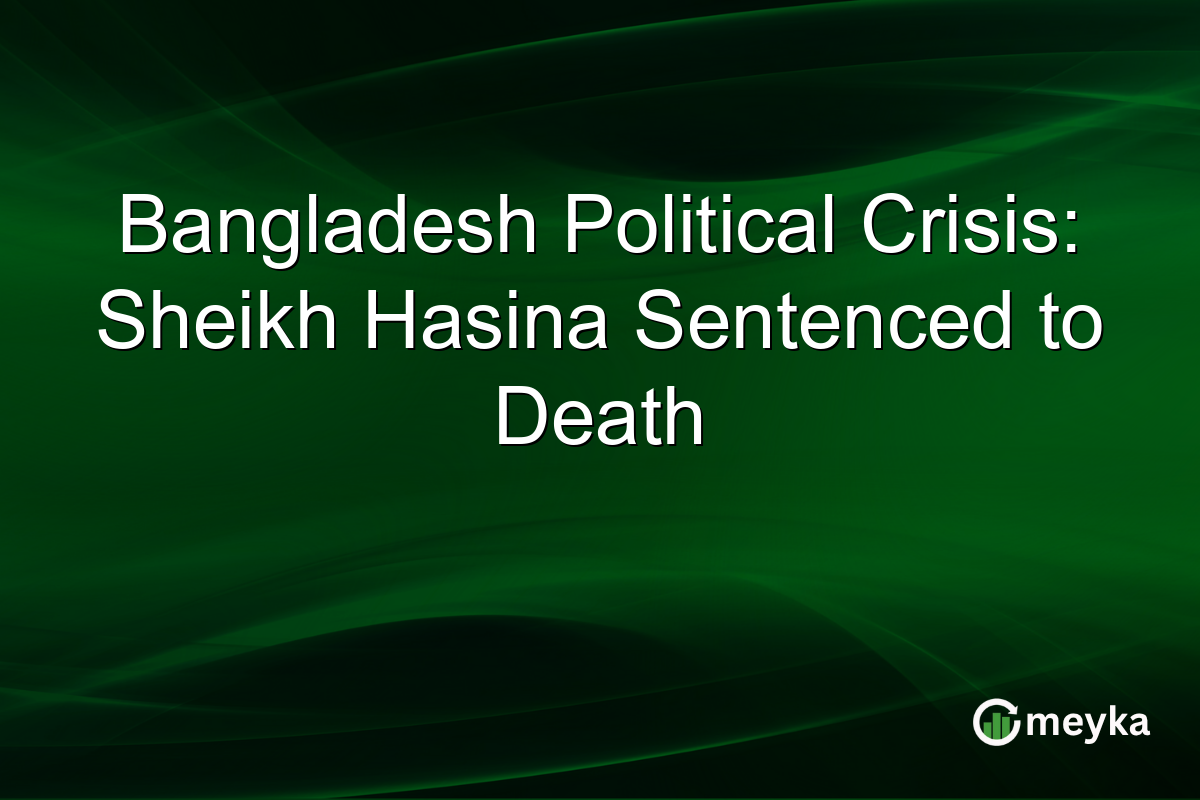Bangladesh Political Crisis: Sheikh Hasina Sentenced to Death
The recent verdict against Sheikh Hasina has sent shockwaves across the political landscape of Bangladesh. The International Crimes Tribunal sentenced the former Prime Minister to death over her alleged role in the crackdown on protests. This development risks plunging Bangladesh into greater political turmoil, affecting both its domestic governance and international relations. In this article, we explore the implications of the Sheikh Hasina verdict, highlighting its potential to reshape the political fabric of the nation.
Continue Reading on Meyka
This article is available in full on our main platform. Get access to complete analysis, stock insights, and more.
Read Full Article →





